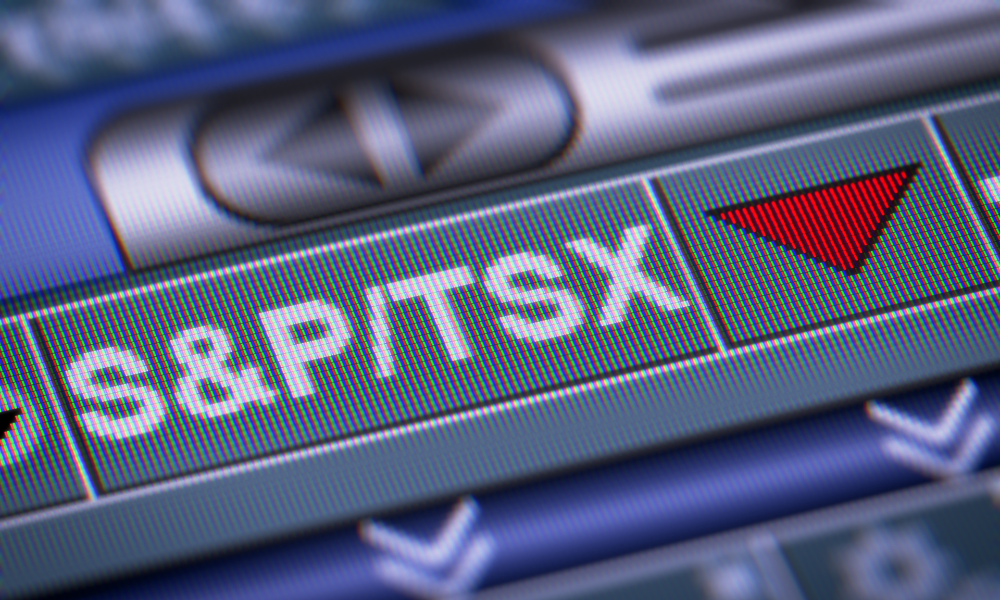Global markets are digesting Trump’s announcement but most pain felt at home

US assets are suffering the worst of the pain from President Trump’s tariff announcement, but global stocks are feeling the pressure.
Futures stats suggest the Dow Jones is set to open more than 1,000 points (2.4%) lower Thursday with the S&P 500 and Nasdaq futures down around 3%.
The new levies are also on top of auto tariffs of 25% and those already announced on steel and aluminum.
Canada and Mexico were excluded from the new wave of tariffs having backed down on a large chunk of tariffs last month and both Canadian and Mexican futures were higher early Thursday. The S&P/TSX Composite looks set to open up 1%.
Among the pre-market movers on Wall Street are Nike (down more than 8% as of 5.30am ET), Robinhood (-7%), and Apple (-7%), along with retailers who rely on low-cost goods such as Five Below (-14%) and Dollar Tree (-11%).
Bloomberg’s Dollar Spot Index dropped as much as 1% to a five-month low with global currencies gaining; the euro was up 1% as was the yen, with the pound up 0.8%. Gold hit a new high and US 10-year Treasury yields dropped to a five-month low towards the 4% mark.
“There’s clearly a tolerance for pain on the part of the administration in pursuit of trade goals that are not necessarily entirely economic in nature,” Ross Mayfield, Baird investment strategist told CNBC. “At this point I’m still in the camp that we’re not on the doorstep of a recession, but maybe a slowdown or growth scare. Non-recession sell-offs tend to be shorter and milder than the recessionary ones.”
The tariffs which range from a base level 10% through to 50% for what the president called the “worst offenders” in unfair trade practices with the US over many decades. The new tariffs are in addition to existing ones, meaning countries such as China (with an existing 20% tariff + a new 34%) will be sharply impacted.
But Wall Street analysts remain bullish on Chinese and Hong Kong stocks, due to government support and diverse export markets. Nicholas Chui, a fund manager at Franklin Templeton, said China represents the “largest opportunity set for investors.” UBS and JPMorgan also showed optimism for China’s equities.
“Eye-watering tariffs on a country-by-country basis scream 'negotiation tactic,' which will keep markets on edge for the foreseeable future,” Adam Hetts, Portfolio Manager and Global Head of Multi-Asset at Janus Henderson Investors told WP. “Fortunately, this means there's substantial room for lower tariffs from here, albeit with a 10% baseline in place. We've seen the administration have a surprisingly high tolerance for market pain, now the big question is how much tolerance it has for true economic pain as negotiations unfold.”
Globally, the Nikkei 225 index was down almost 3% as of 5.30am ET, the Hang Seng was down 1.5%, and the Stoxx600 was down 1.5%.



